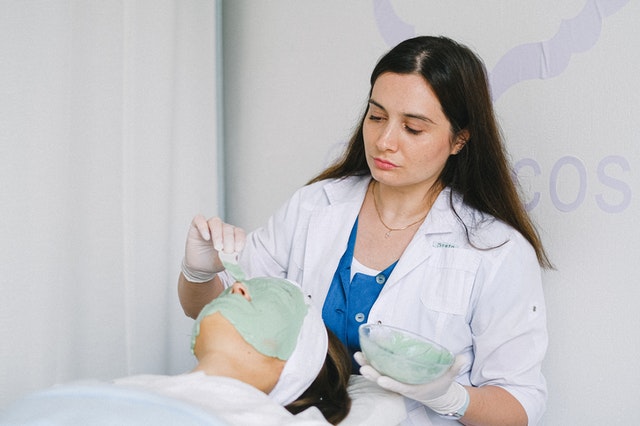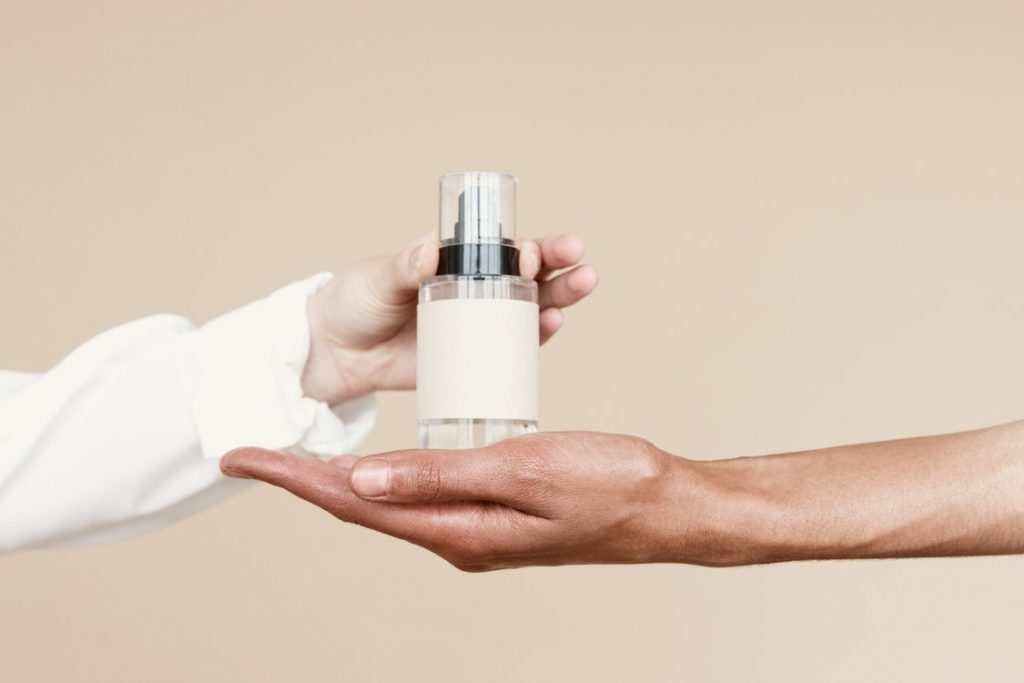Before you see a skin specialist, you should understand your skin problem. Acne is caused by a number of different factors, including hormones. It most commonly appears at puberty, but women can also experience breakouts during their menstrual cycles.
Medications may be prescribed to help regulate hormones. Your dermatologist can also diagnose a variety of other skin problems, such as irritated skin and dry, itchy skin. There are many different types of skin specialists, including doctors and estheticians.
The best dermatologists focus on a broad range of beauty procedures, including waxing, nail care, and microdermabrasion. Some regions require estheticians to attend state-approved schools and pass a standardized exam before they can practice.
Various Types of Skincare Professionals Today
In some regions, dermatologists are considered to be skin specialists, while estheticians and cosmetologists are considering national-level professionals. A dermatologist examines your skin and can help you make an informed decision about which treatment to choose.

Some treatments can be performed during an initial appointment, but others require a follow-up. The best skin specialists will help you decide which procedures are best for you and what can be avoided. It is important to consult with a dermatologist if you have any questions.
A professional will help you make an informed decision about your skin health. When choosing a dermatologist, you should consider the area where you live. The cost of the living, competition, and patient base of the practice will all play a role in determining fees.
A dermatologist in a high-cost area will be more expensive than one in a low-cost area, while one in a lower-income area will be cheaper than a physician in a more expensive neighborhood. You should also consider the experience of the physician.
Why You Should Consult with a Dermatologist
The benefits of consulting with a dermatologist are both aesthetic and medical. There are a number of procedures that can be performed on the face. The first visit may be a consultation with an esthetician. Depending on the type of skin disorder, the treatment could involve laser therapy, chemical peels, or microdermabrasion.
However, in most cases, you should see a dermatologist before beginning any type of procedure. A dermatologist can assess the condition of your skin. He can also perform various procedures, including skin whitening or an excision. These treatments can help you maintain the health of your skin. Give Herstellen Brisbane clinic a call to find out more about essential procedures.
In addition to treating acne, a dermatologist can also perform other procedures on your body, such as laser treatments. If you have a skin problem, a dermatologist can offer the right treatment for you. He or she can also recommend treatments that will reduce the severity of the condition.
Your dermatologist will ask about your skin condition, including the type of medication you are taking. While a dermatologist can prescribe drugs, he or she cannot treat all types of conditions in one visit. Aside from being a trusted resource, a dermatologist will also be able to give you the most relevant information on your particular skin problem.
The more information you can provide to your dermatologist, the better. In addition to a dermatologist’s expertise, they can also advise you on which treatment options are right for you. Aside from these treatments, you can also use natural remedies.
Final Thoughts
Aside from natural remedies, water is a wonderful solution for skin problems. It cleanses the body and removes toxins. Drinking plenty of water is the best way to get the best results from your dermatologist. Using any home remedies is risky, as they can damage the skin.
Depending on the type of your skin, the home remedy may not be effective. There are several benefits to consulting with a skin specialist. Not only will you save money on medical bills, but you will have a more knowledgeable and informed skin. Despite all the misinformation on the Internet, it is still best to consult a dermatologist.
He or she will be able to distinguish between important information and misinformation. This way, you will be able to avoid any possible problems in the future.




